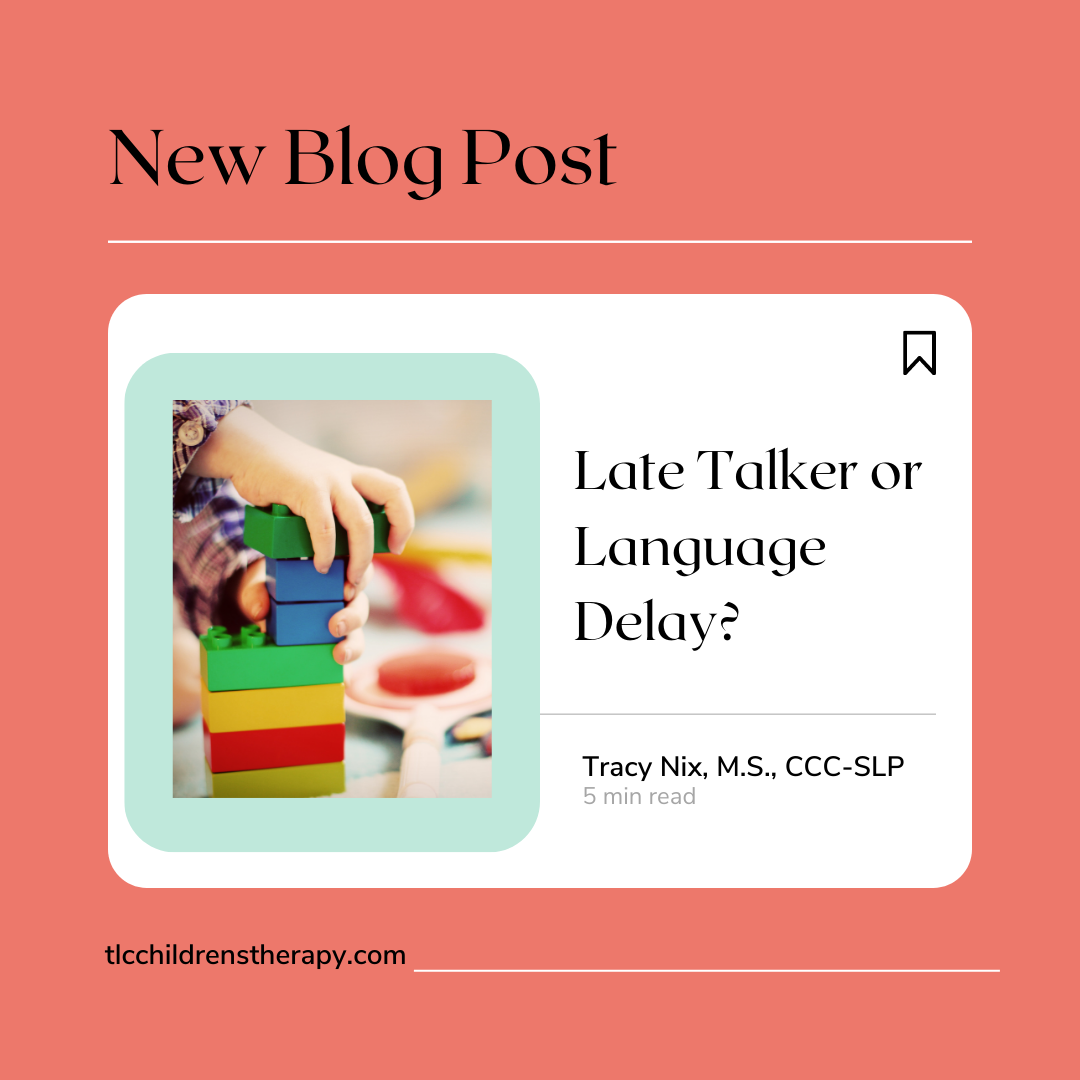
As your young child’s speech and language develops, it is typical to compare their progress to their peers or siblings. Every child develops on their own time line, but you may have concerns about whether your child is on track or falling behind. Often parents that have concerns will get advice that your child will ‘outgrow’ any difficulties, they are just a ‘late talker’ or that there is no need to worry. Although this advice could turn out to be true, you may not be comfortable with the ‘wait and see’ approach.
Although children generally follow a pattern in their speech and language development, the timing can vary a lot. If your toddler is not talking like you think they should, the following are some risk factors to consider:
-
Difficulty Understanding
Typically children understand more than they say when they are learning to talk. If you’ve ever tried to learn a second language, you’ve probably experienced this. If your child can point to items you name or follow simple directions, they are more likely to catch up with their spoken language. If your child has difficulty understanding what you say, they may be more likely to have a language delay.
-
Lack of Gesturing
Most children will use gestures such as waving ‘hi’ or ‘bye,’ or pointing to items they want before they start to speak. If a child doesn’t use many gestures, they may have difficulty with language skills.
-
Few New Words
Even if your child is not talking much, you should hear your child trying to use new words every month. Steady progress here suggests they’re on track. However, a lack of new words could point to a language concern.
While any of these factors don’t necessarily indicate a language delay on their own, they do increase the risk of one. Having your child evaluated to make sure their language skills are developing appropriately is one way to know for sure.
If you sense a problem, it’s best to trust your judgement and act. Early evaluation and treatment, if needed, are important to improve outcomes. A language evaluation at TLC Therapy Services will assess your child’s development of language skills. Based on the assessment, we might suggest strategies to boost your child’s speech development at home, a re-evaluation in a few months or make a recommendation for therapy.
If you have concerns about your child’s speech and language development, please reach out. We are here to help!
